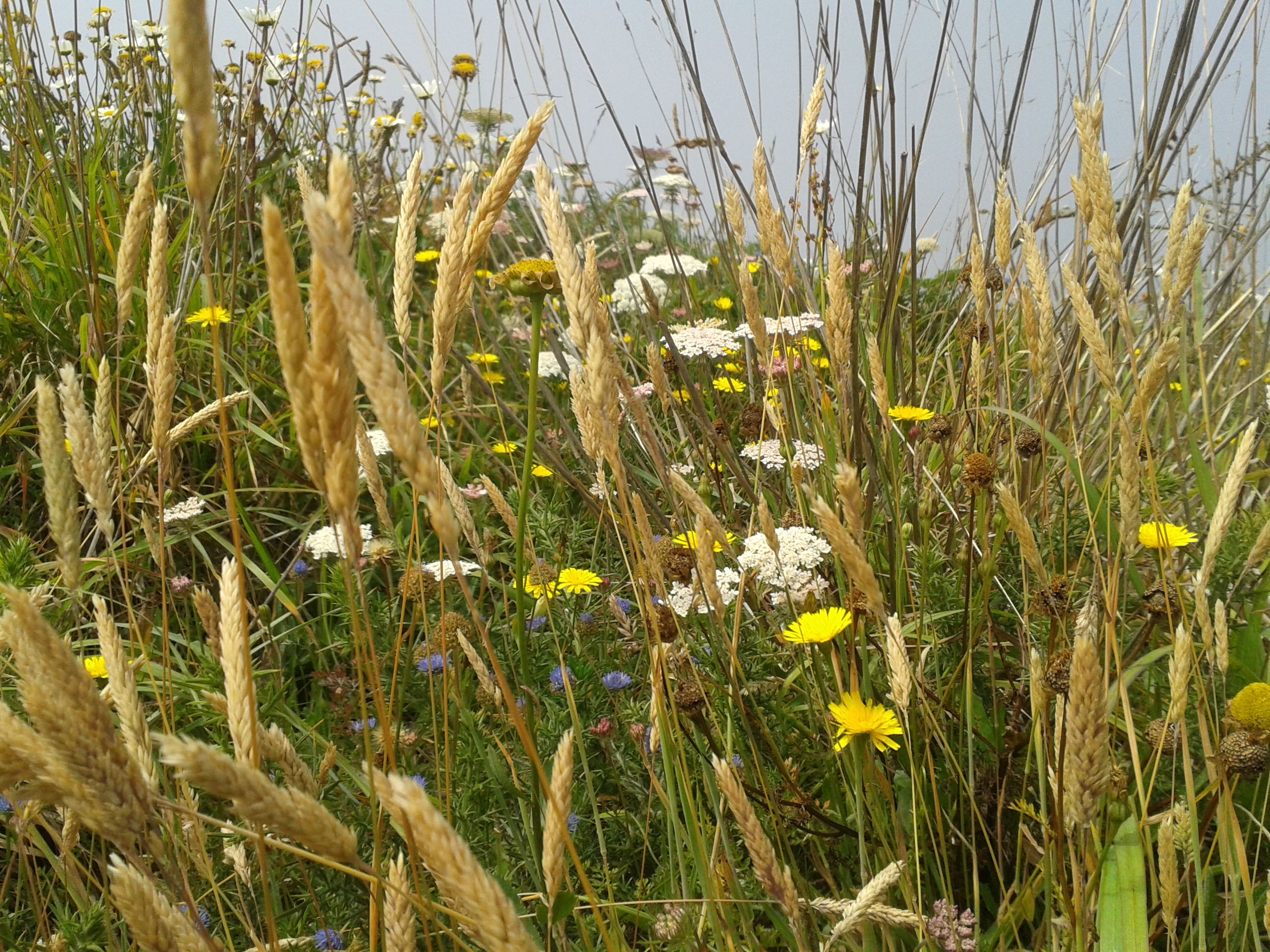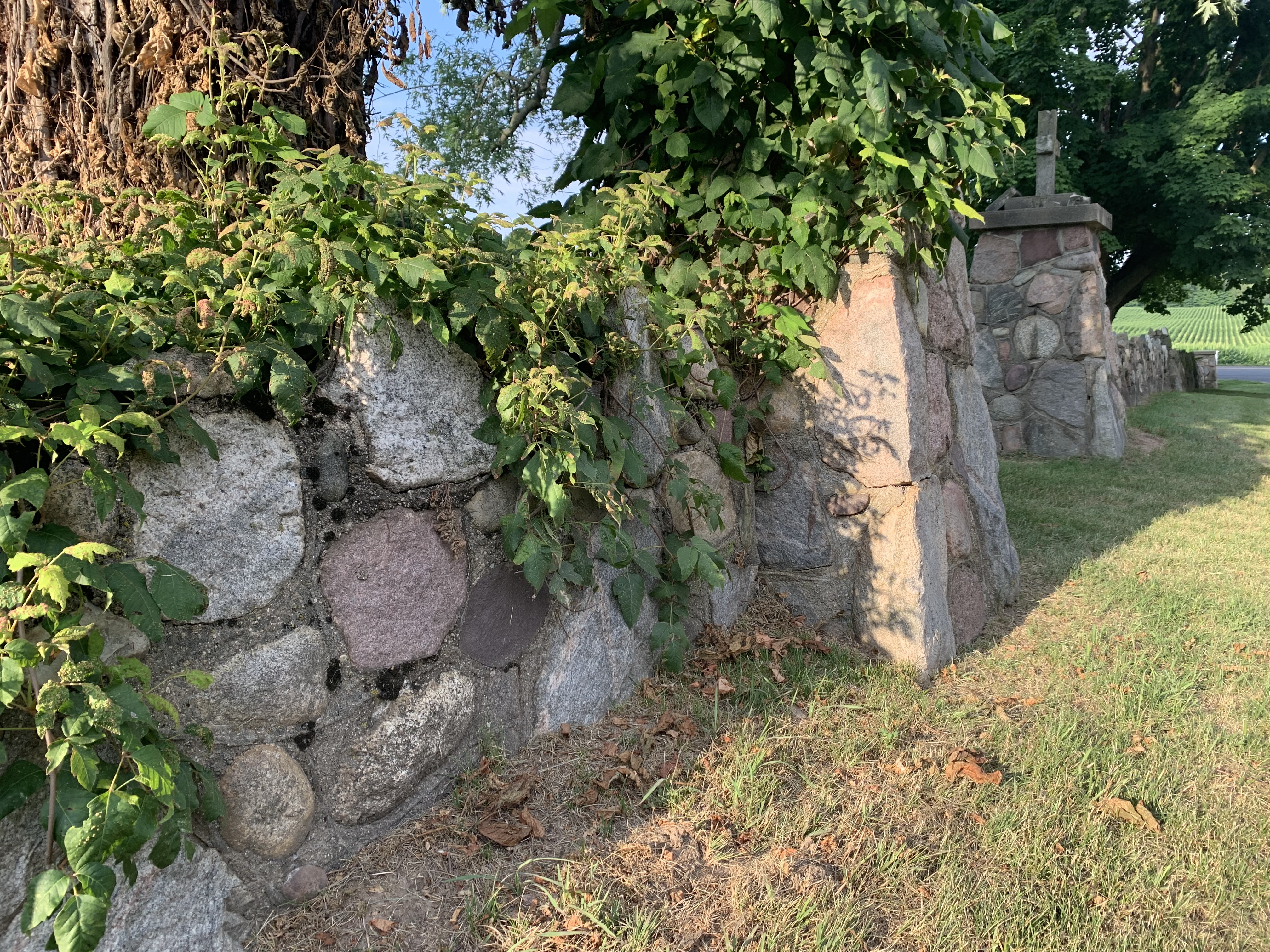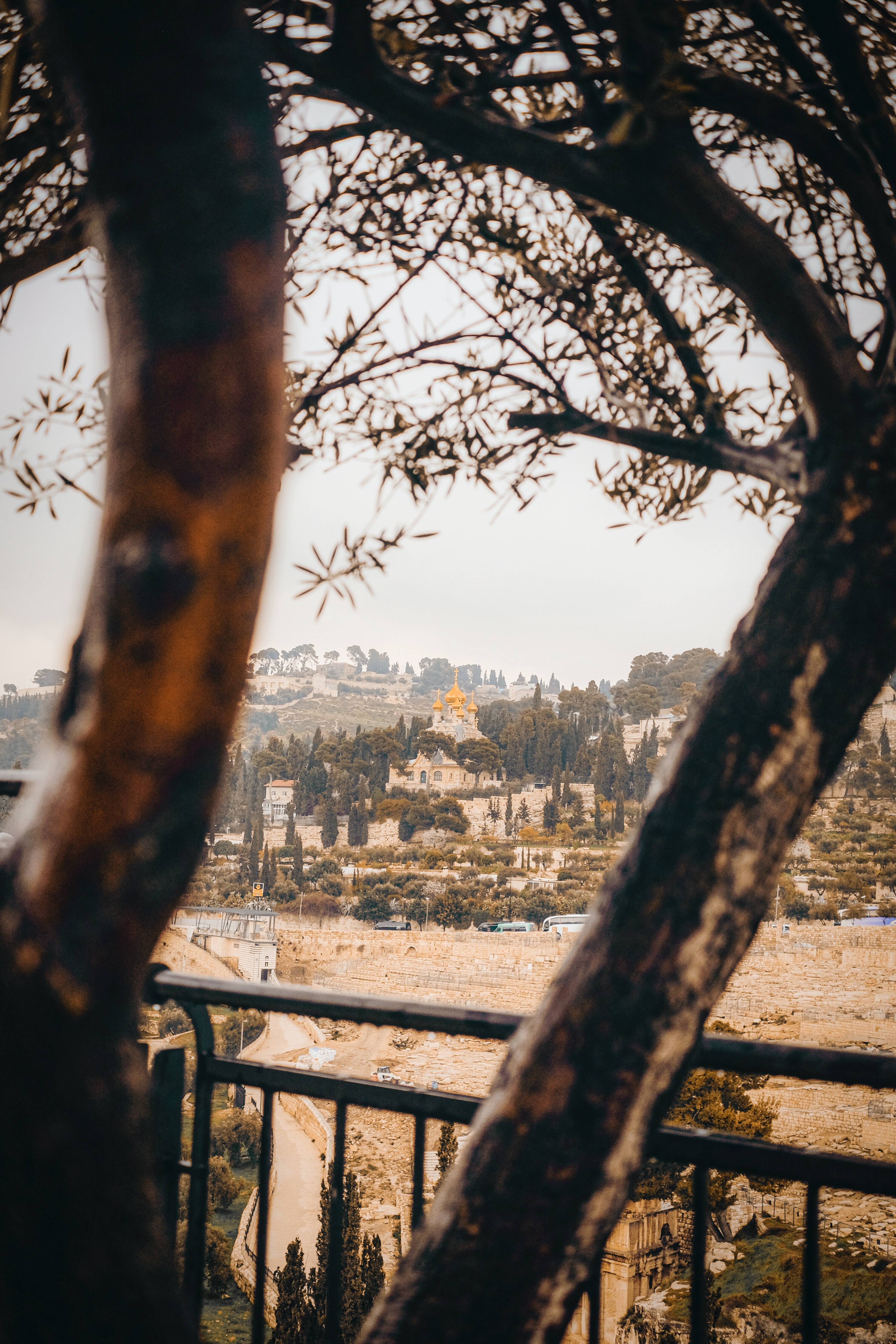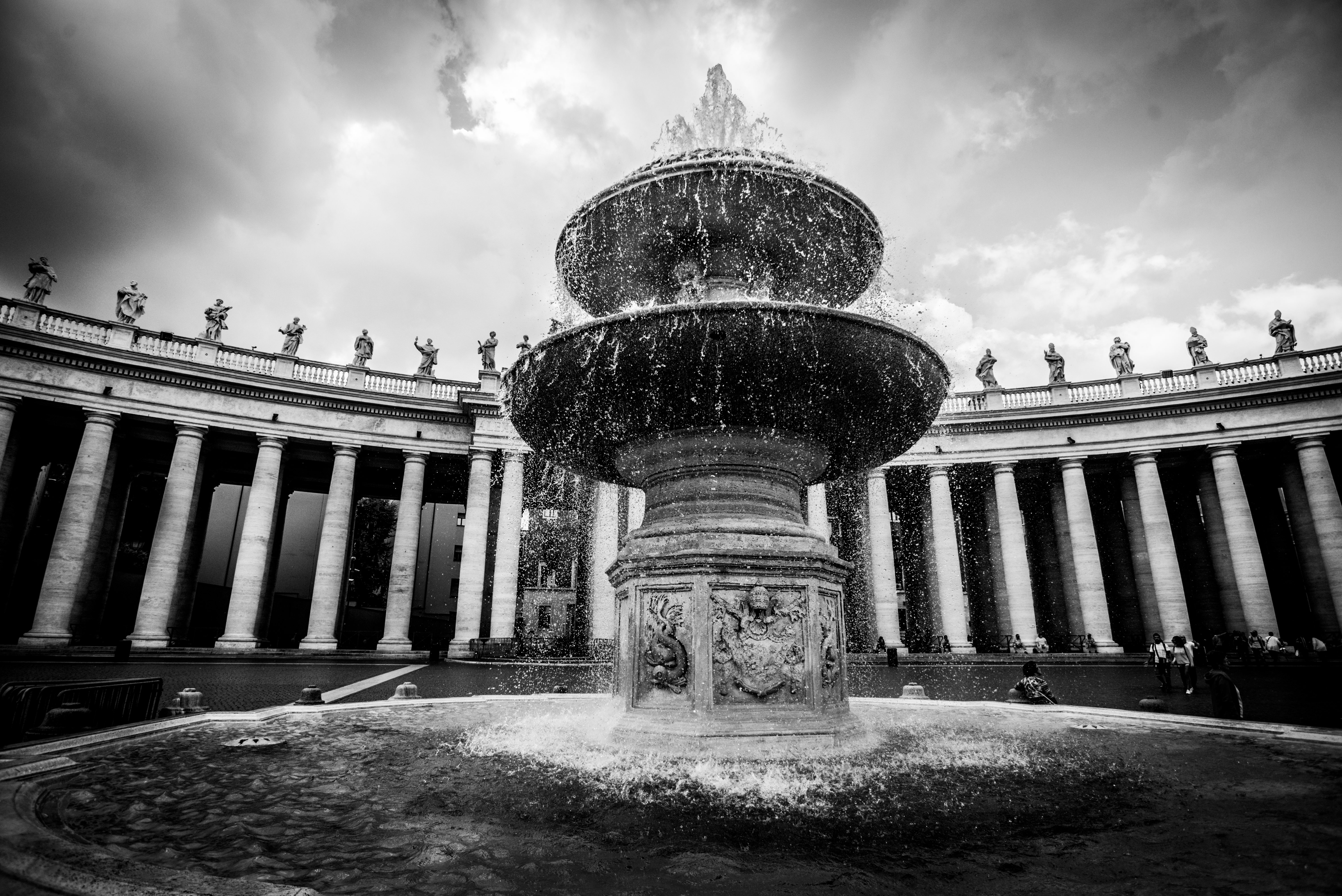Abba, Abba Father. You are the potter; we are the clay, the work of Your hands . . .
That is the beginning of a song I remember singing often at morning Mass when I was an 8th grader in parochial school. You probably recall the hymnal; it was ubiquitous in the early 80s, and contained many songs composed almost entirely of Bible verses. To this day, one song or another will frequently come instantly into my mind as I read the Bible or listen to the readings at Mass.
So naturally this song was the first thing I thought of when I read today’s First Reading from Jeremiah. I even looked it up online so I could listen to it while meditating on what I wanted to write about.
I started by picturing God at the potter’s wheel. I liked that image and found it comforting. As I went a little further, though, the analogy became more difficult. Picturing myself as clay was a bit uncomfortable. On the wheel, clay is messy, wet, and vulnerable. Haven’t you seen videos where the whole pot collapses? A little research told me potters call this phenomenon flopping, and this must have been what today’s reading refers to when it says, “the object of clay which he was making turned out badly in his hand.”
But the reading goes on to reassure us that with God as our potter we have nothing to fear. He can make of us what He wills. There’s a catch, though!
Just as God is more than a simple human potter, this analogy comes up short in comparing human beings who have free will and agency to clay which does not. A human potter whose pot flops has only himself to blame; if one of God’s pots “flops,” that is on the clay!
We must cooperate in God’s plan for us by allowing Him to form and shape us. The rest of today’s readings give advice on how we do this, and paint a picture of the consequences if we do not.
The Responsorial Psalm tells us that we must place our trust and our hope in the Lord alone rather than in the people and things of the world. We are also reminded to praise Him.
In the Gospel, Jesus relates a parable that makes being compared to clay seem much more pleasant than it seemed at first. Instead, he compares us to fish in a net, some good and some bad. There are not many things that bring up a more visceral reaction of disgust than the thought of a bad fish. There is no fixing it; throwing it away is the only option. And Jesus warns us that at the end of the age, that is what those who fail to place their hope and trust in the Lord will be like, thrown “into the fiery furnace, where there will be wailing and grinding of teeth.”
I never heard a song about that, and I don’t think I want to.
Abba, Abba Padre. Tú eres el alfarero; somos barro, obra de tus manos. . .
Ese es el comienzo de una canción que recuerdo haber cantadao con frecuencia en la misa de la mañana cuando era estudiante de octavo grado en la escuela parroquial. Es probable que te acuerdas el himnario; se encontraba en todos lados a principios de los años 80 y contenía muchas canciones compuestas casi en su totalidad de versículos de la Biblia. Hasta el día de hoy, una canción u otra viene a la mente instantáneamente mientras leo la Biblia o escucho las lecturas de la Misa.
Así que, naturalmente, esta canción fue lo primero que pensé cuando leí la Primera Lectura de Jeremías de hoy. Incluso lo busqué en línea para poder escucharlo mientras meditaba sobre lo que quería escribir.
Empecé imaginando a Dios en la rueda del alfarero. Me gustó esa imagen y me consoló. Sin embargo, a medida que avanzaba un poco más, la analogía se hizo más difícil. Imaginarme a mí mismo como arcilla fue un poco incómodo. En la rueda, la arcilla es desordenada, húmeda y vulnerable. ¿No has visto vídeos donde se derrumba toda la olla? Un poco de investigación me dijo que los alfareros llaman a este fenómeno caída, y esto debe haber sido a lo que se refiere la lectura de hoy cuando dice: “Cuando se le estropeaba la vasija que estaba modelando”.
Pero la lectura continúa asegurándonos que con Dios como nuestro alfarero no tenemos nada que temer. Él puede hacer de nosotros lo que Él quiera. ¡Sin embargo, hay una trampa!
Así como Dios es más que un simple alfarero humano, esta analogía se queda corta al comparar a los seres humanos que tienen libre albedrío y voluntad con el barro que no lo tiene. Un alfarero humano cuya vasija estropea solo tiene la culpa él mismo; si una de las vasijas de Dios “se cae”, ¡el barro tiene la culpa!
Debemos cooperar con el plan que Dios tiene para nosotros al permitir que Él nos forme y nos moldee. El resto de las lecturas de hoy dan consejos sobre cómo hacer esto y pintan un cuadro de las consecuencias si no lo hacemos.
El Salmo Responsorial nos dice que debemos poner nuestra confianza y nuestra esperanza solo en el Señor y no en las personas y las cosas del mundo. También nos recuerda alabarlo.
En el Evangelio, Jesús relata una parábola que hace que ser comparado con el barro parezca mucho más agradable de lo que parecía al principio. En cambio, nos compara con peces en una red, algunos buenos y otros malos. No hay muchas cosas que provoquen una reacción de disgusto más visceral que la idea de un pescado malo. No hay forma de arreglarlo; botarlo es la única opción. Y Jesús nos advierte que al final de los tiempos, así serán los que no ponen su esperanza y confianza en el Señor, arrojados “al horno encendido. Allí será el llanto y la desesperación”.
Nunca he escuchado una canción sobre eso, y no creo que me gustaría escucharlo si hubiera.
 Leslie Sholly is a Catholic, Southern wife and mother of five, living in her hometown, Knoxville, Tennessee. She graduated from Georgetown University with an English major and Theology minor. She blogs at Life in Every Limb, where for 11 years she has covered all kinds of topics, more recently focusing on the intersection of faith, politics, and social justice.
Leslie Sholly is a Catholic, Southern wife and mother of five, living in her hometown, Knoxville, Tennessee. She graduated from Georgetown University with an English major and Theology minor. She blogs at Life in Every Limb, where for 11 years she has covered all kinds of topics, more recently focusing on the intersection of faith, politics, and social justice.
Feature Image Credit: ottawagraphics, pixabay.com/photos/pottery-handcraft-clay-art-craft-4618917/


 Deacon Dan Schneider is a retired general manager of industrial distributors. He and his wife Vicki have been married for over 50 years. They are the parents of eight children and thirty grandchildren. He has a degree in Family Life Education from Spring Arbor University. He was ordained a Permanent Deacon in 2002. He has a passion for working with engaged and married couples and his main ministry has been preparing couples for marriage.
Deacon Dan Schneider is a retired general manager of industrial distributors. He and his wife Vicki have been married for over 50 years. They are the parents of eight children and thirty grandchildren. He has a degree in Family Life Education from Spring Arbor University. He was ordained a Permanent Deacon in 2002. He has a passion for working with engaged and married couples and his main ministry has been preparing couples for marriage.
 Emily Jaminet is a Catholic author, speaker, radio personality, wife, and mother of seven children. She earned a bachelor’s degree in mental health and human services from the Franciscan University of Steubenville. She is the co-founder of
Emily Jaminet is a Catholic author, speaker, radio personality, wife, and mother of seven children. She earned a bachelor’s degree in mental health and human services from the Franciscan University of Steubenville. She is the co-founder of 


 Kate Taliaferro is an Air Force wife and mother. She is blessed to be able to homeschool, bake bread and fold endless piles of laundry. When not planning a school day, writing a blog post or cooking pasta, Kate can be found curled up with a book or working with some kind of fiber craft. Kate blogs at
Kate Taliaferro is an Air Force wife and mother. She is blessed to be able to homeschool, bake bread and fold endless piles of laundry. When not planning a school day, writing a blog post or cooking pasta, Kate can be found curled up with a book or working with some kind of fiber craft. Kate blogs at 
 Sheryl is happy to be the number 1 cheerleader and supporter for her husband, Tom who is a candidate for the Permanent Diaconate in the Diocese of Kalamazoo. They are so grateful for the opportunity to grow together in this process. Sheryl’s day job is serving her community as the principal for St. Therese Catholic School in Wayland, Michigan. Since every time she thinks she gets life all figured out, she realizes just how far she has to go, St. Rita of Cascia is her go-to Saint for intercession and help. Home includes Carlyn, a very, very goofy Golden Retriever and Lucy, our not-so-little rescue puppy.
Sheryl is happy to be the number 1 cheerleader and supporter for her husband, Tom who is a candidate for the Permanent Diaconate in the Diocese of Kalamazoo. They are so grateful for the opportunity to grow together in this process. Sheryl’s day job is serving her community as the principal for St. Therese Catholic School in Wayland, Michigan. Since every time she thinks she gets life all figured out, she realizes just how far she has to go, St. Rita of Cascia is her go-to Saint for intercession and help. Home includes Carlyn, a very, very goofy Golden Retriever and Lucy, our not-so-little rescue puppy. 
 Elizabeth Tomlin is the author of Joyful Momentum: Building and Sustaining Vibrant Women’s Groups and contributing author to the Ave Prayer Book for Catholic Mothers. She is General Counsel for the Archdiocese for the Military Services, USA. Elizabeth is an Army wife and mother of three and currently lives in the DC area. She blogs at
Elizabeth Tomlin is the author of Joyful Momentum: Building and Sustaining Vibrant Women’s Groups and contributing author to the Ave Prayer Book for Catholic Mothers. She is General Counsel for the Archdiocese for the Military Services, USA. Elizabeth is an Army wife and mother of three and currently lives in the DC area. She blogs at 
 David Dashiell is a freelance author and editor in Nashville, Tennessee. He has a master’s degree in theology from Franciscan University, and is the editor of the anthology
David Dashiell is a freelance author and editor in Nashville, Tennessee. He has a master’s degree in theology from Franciscan University, and is the editor of the anthology 
 Kathryn Mulderink, MA, is married to Robert, Station Manager for Holy Family Radio. Together they have seven children (including Father Rob), and four grandchildren. She is President of the local community of Secular Discalced Carmelites and has published five books and many articles. Over the last 30 years, she has worked as a teacher, headmistress, catechist, Pastoral Associate, and DRE, and as a writer and voice talent for Catholic Radio. Currently, she serves the Church by writing and speaking, and by collaborating with various parishes and to lead others to encounter Christ and engage their faith. Her website is
Kathryn Mulderink, MA, is married to Robert, Station Manager for Holy Family Radio. Together they have seven children (including Father Rob), and four grandchildren. She is President of the local community of Secular Discalced Carmelites and has published five books and many articles. Over the last 30 years, she has worked as a teacher, headmistress, catechist, Pastoral Associate, and DRE, and as a writer and voice talent for Catholic Radio. Currently, she serves the Church by writing and speaking, and by collaborating with various parishes and to lead others to encounter Christ and engage their faith. Her website is 
 Dakota lives in Denver, CO with her husband, Ralph, and their two sons, Alfie & Theophilus. She is the Dean of Enrollment Management for Bishop Machebeuf High School where her husband also teaches. You can find Dakota at the zoo or a brewery with her family or with her nose in a book at home. For more of Dakota’s writing check out
Dakota lives in Denver, CO with her husband, Ralph, and their two sons, Alfie & Theophilus. She is the Dean of Enrollment Management for Bishop Machebeuf High School where her husband also teaches. You can find Dakota at the zoo or a brewery with her family or with her nose in a book at home. For more of Dakota’s writing check out